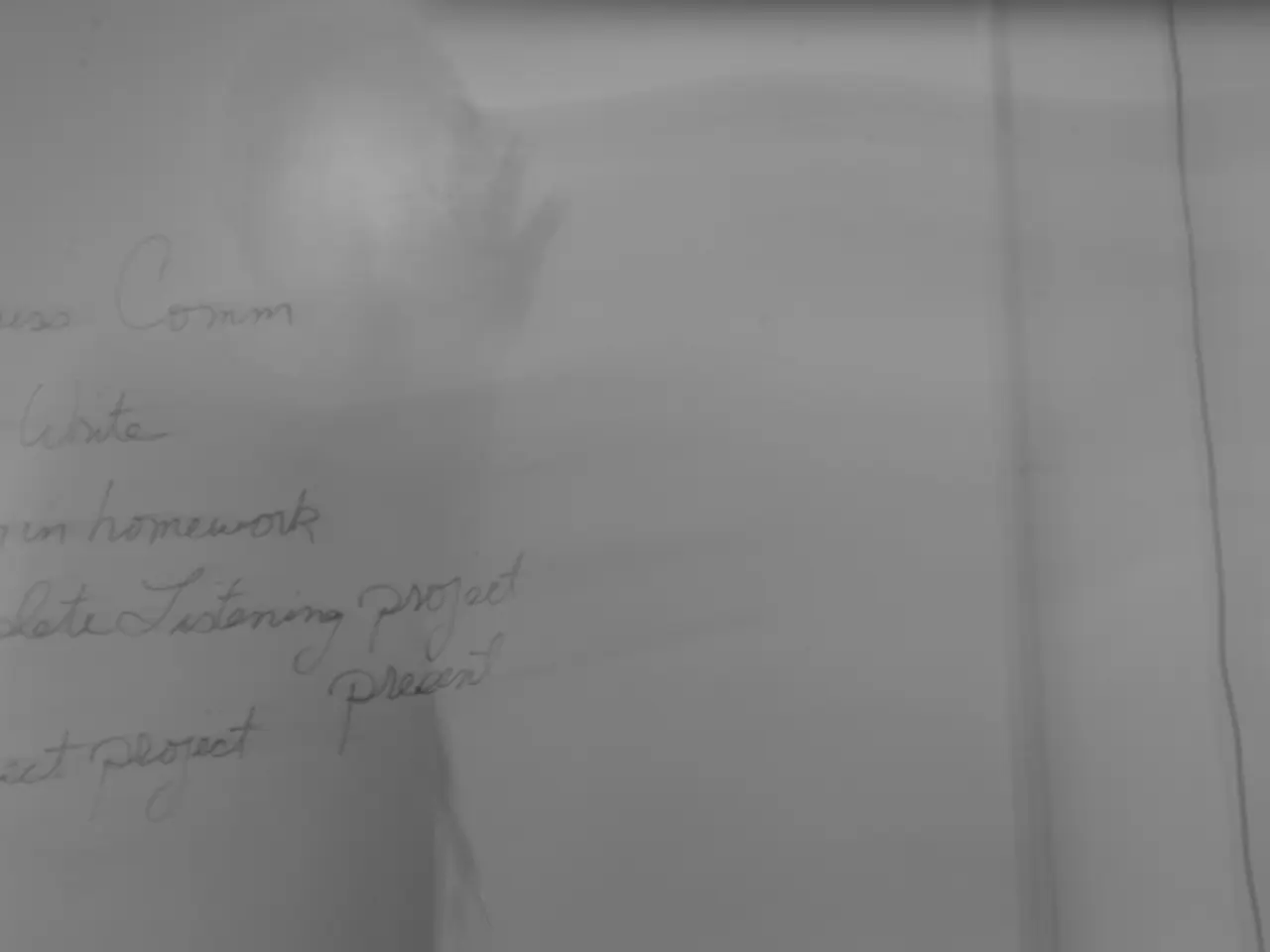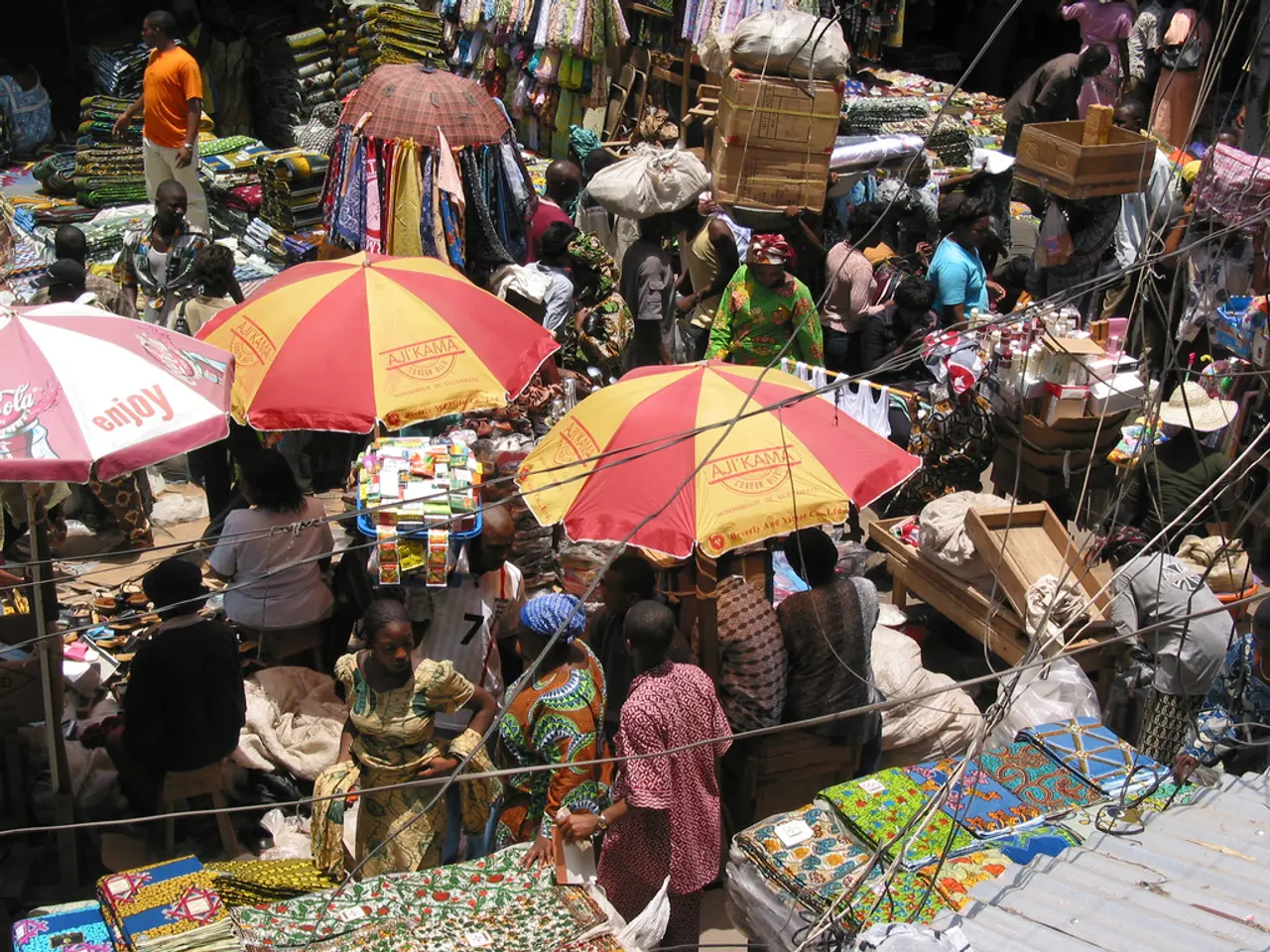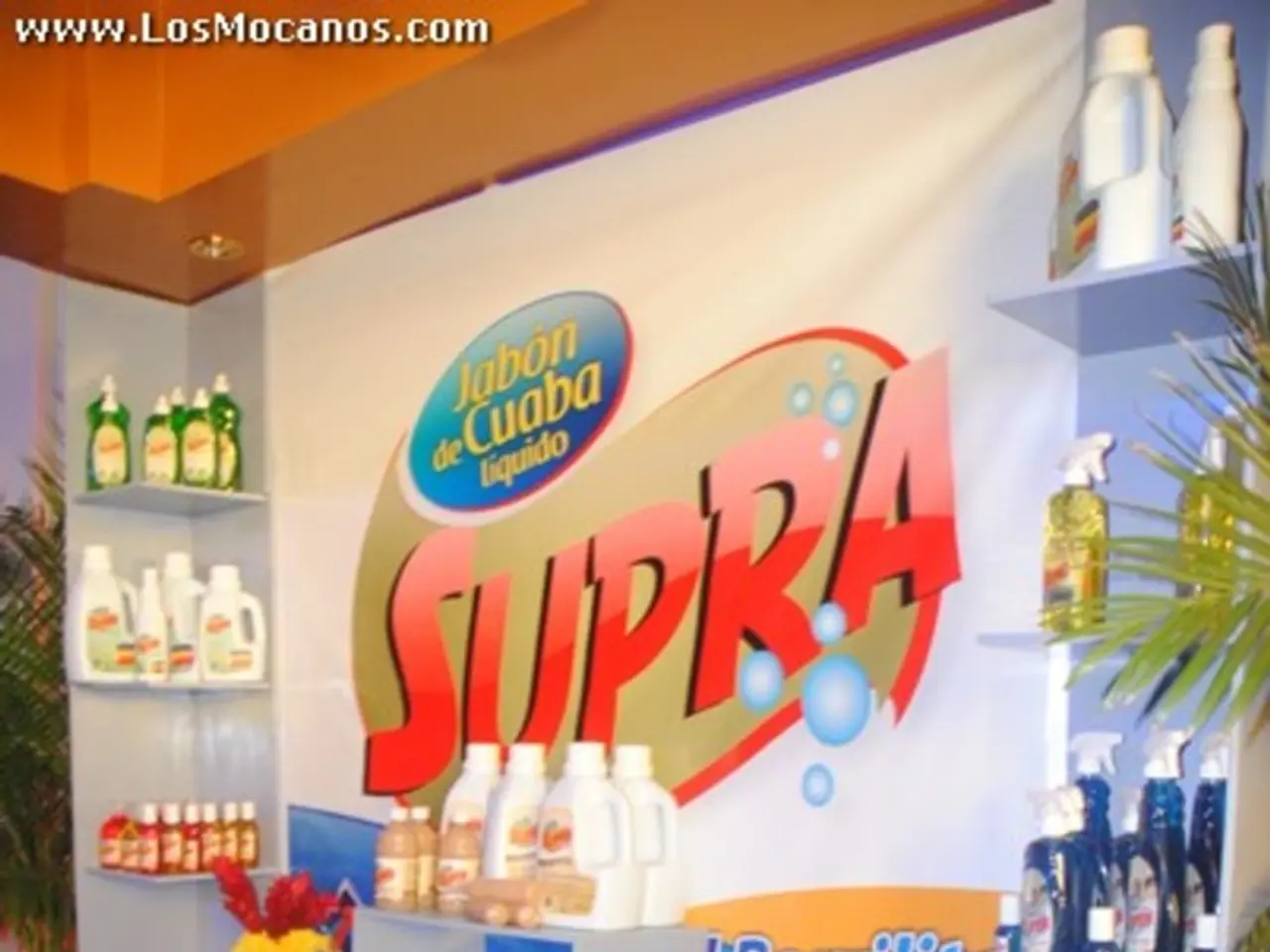Implications of Carried-over Customs Duties: An Examination of Potential Repercussions
In a significant shift in global trade, President Donald Trump has imposed tariffs on European goods, effective from August 7. This move has sparked concerns and reactions across various sectors, particularly in Europe.
One industry feeling the brunt of these tariffs is the Tête de Moine cheese producers, who have been negatively affected by the 39% tariffs imposed by the U.S. Switzerland, too, faces 39% tariffs on its goods. The United Kingdom, however, enjoys a lower tariff rate of 10%.
The tariffs have been imposed without any prior agreements between the U.S. and Europe, leading to uncertainty and the need for negotiations. Europe is seeking negotiations with Donald Trump to obtain an exemption for sectors like wine and spirits, worth 3.8 billion euros in exports.
However, Europe has secured specific tariff exemptions in the trade negotiations for aircraft parts, semiconductor equipment, some chemical goods, agricultural products, national resources, and critical minerals. These sectors were explicitly excluded from the 15% tariffs imposed under the agreement to avoid the initially threatened 30% tariffs.
These exemptions are crucial for various industrial and food sectors in the EU. For instance, the exemption on aircraft and aircraft parts reflects a longstanding sensitive sector in transatlantic trade. Semiconductor equipment and certain chemicals and agricultural goods also find protection under this arrangement. National resources and critical minerals are recognized as tariff-free, which is crucial for industrial supply chains and energy-related goods.
While some tariff exemptions have been confirmed, additional goods may be added to the exempt list as negotiations continue. However, the agreement still imposes a 15% tariff on most other EU imports, higher than prior averages, and has been criticized as favoring the U.S. side in the trade balance.
The tariff rate for copper and aluminum is 50%, and this has raised concerns among producers, such as Damien Champy, president of a cooperative, who expressed concern over potential jeopardy to years of work in the American market. The French Champagne industry, in particular, hopes to avoid the 15% tax.
Economist Sylvain Bersinger stated that these tariffs represent a significant break, being unprecedented since a century ago. However, he also stated that while these tariffs are bad news, they do not indicate a crisis or recession scenario.
Negotiations between the U.S. and Europe regarding these tariffs are still possible, and it remains to be seen how these developments will shape the global trade landscape in the coming months.
[1] Source: The Wall Street Journal [2] Source: BBC News [4] Source: European Commission
- The European Union is seeking negotiations with President Donald Trump to potentially secure exemptions for sectors like wine and spirits, which are worth 3.8 billion euros in exports, from the tariffs imposed on European goods.
- The unsigned agreement between the United States and Europe has imposed a 15% tariff on most other EU imports, with critical sectors like aircraft parts, semiconductor equipment, agriculture, national resources, and critical minerals being granted tariff exemptions, crucial for industrial supply chains and energy-related goods in the EU.




